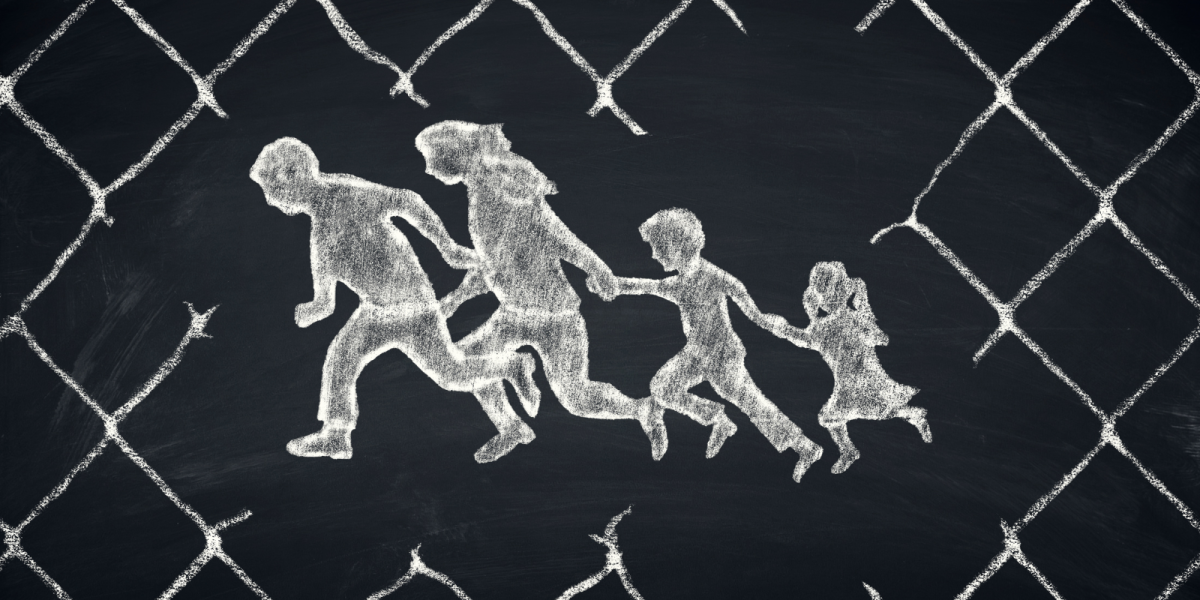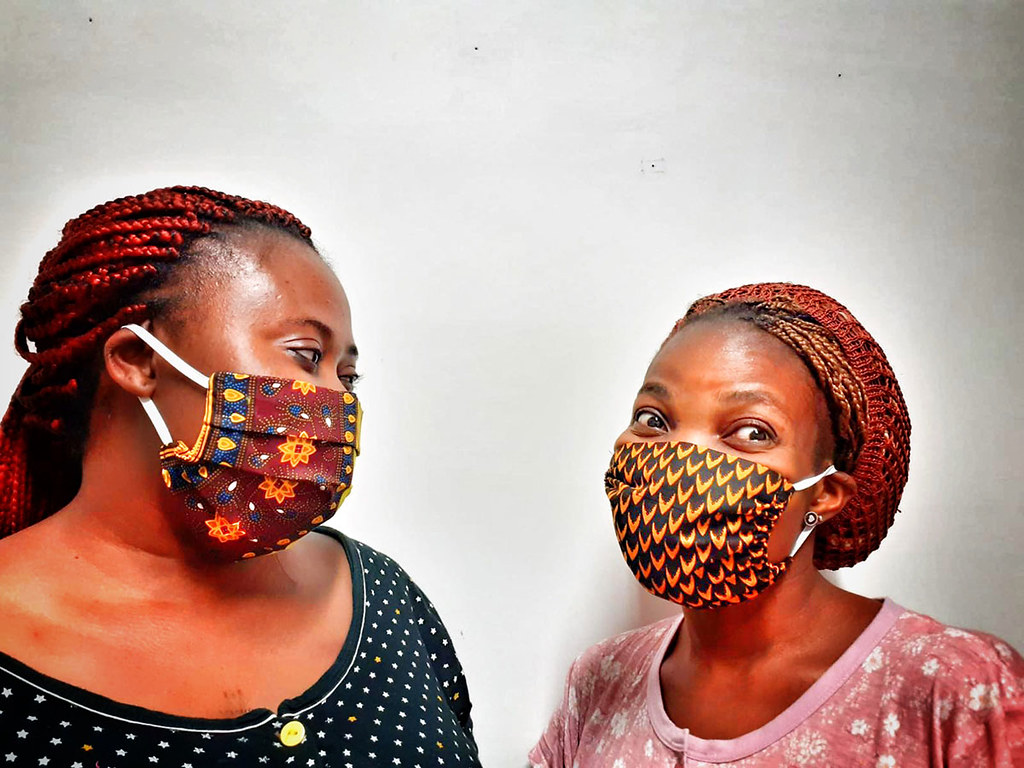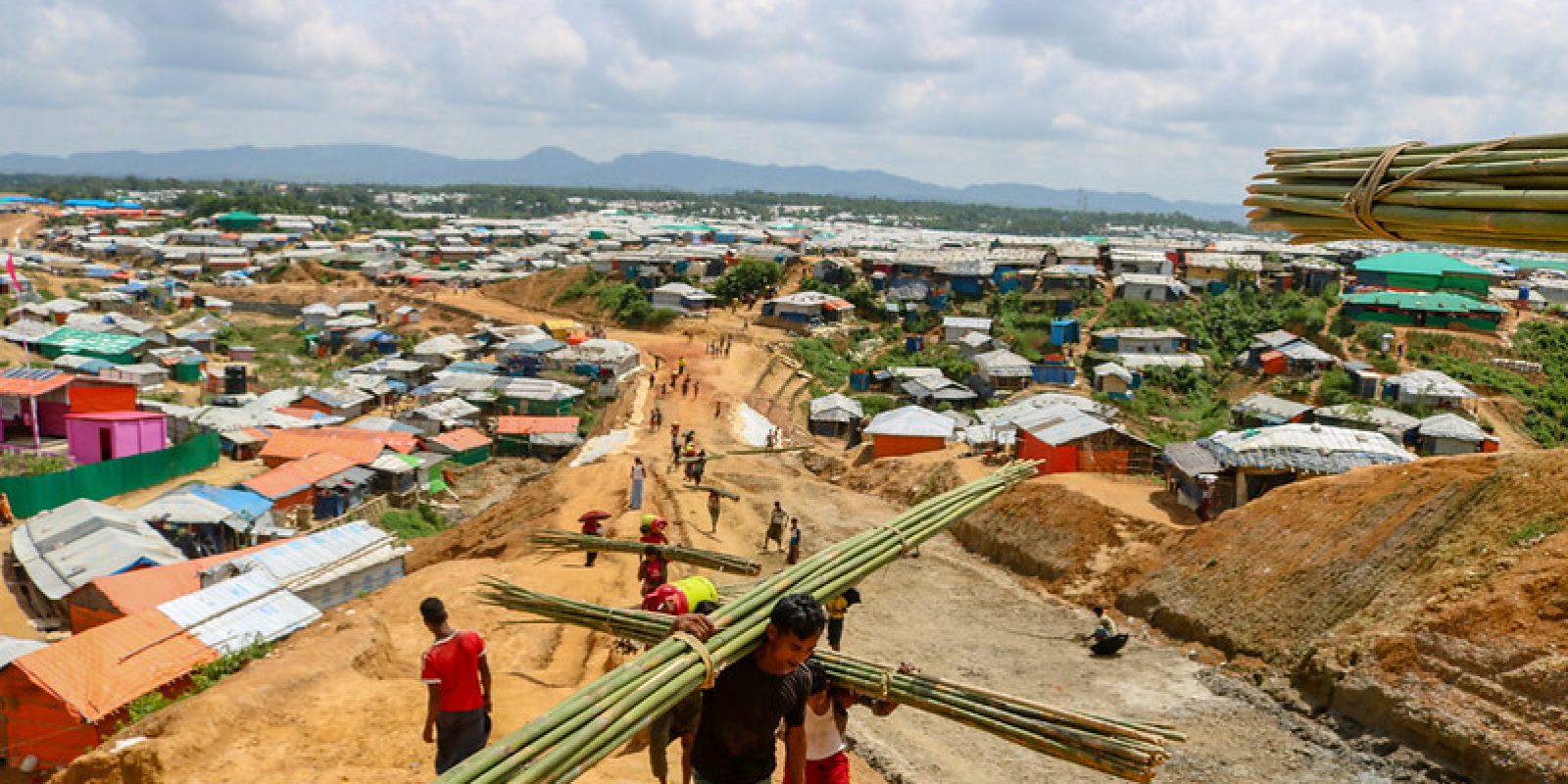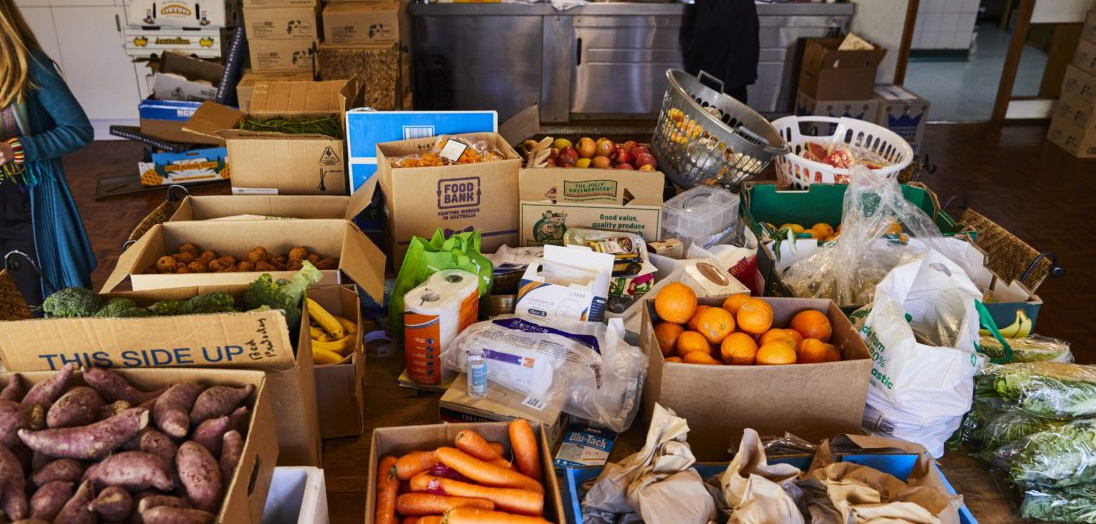
Case Study: A Family Experiencing Homelessness
Homelessness Week 2024 is held from Monday August 5 to Sunday August 11.
During this week, we join with services and community groups throughout Australia to raise awareness about the impact of homelessness, the solutions needed to end homelessness, and to advocate for change.
In this article, we are sharing a case study about a family we serve through our casework and emergency relief, to help uplift their voices and advocate for greater support to be made available. Their names have been changed to protect their anonymity.
Marie and John
Marie and John arrived in Australia about 3 years ago. At first, they applied for protection and were issued a bridging visa that included the right to work.
John was able to secure casual employment at construction site, however he only gets called to work intermittently, when there are shifts available, and when the weather is suitable. He has no work during days when it’s too hot or there is heavy rain.
The couple have 3 children. Due to the costs of feeding a big family, and the nature of the work that John does, the family can only afford up to $480 a week for accommodation – insufficient in this rental crisis to fit a family of 5.
At first, John manages to pay the rent while he has work, but afterwards he is left with nothing to spare. When work is quiet, the family falls behind with rent.
Over time, the family accrued a large sum in rental arrears and received a notice to vacate the property they were living in. At the same time, John and Marie lost the ability to work under a new bridging visa that did not provide them with working rights or access to Medicare.
The family contacted JRS Australia for assistance, and we could assist with blankets, gift cards and one-off payments.
Unfortunately, that was not sufficient to secure new accommodation for the family, nor could it cover the $2000 the family owed in rental arrears.
The family of five slept in their car for a week before a friend offered their garage for them to sleep.
A quote from Marie.
“I am very depressed, I cannot sleep at night,” she shared with Emergency Relief and Casework Manager Rose Maninytia.
“I have watched my children sleep in the car for a week and now we are sleeping in a garage. My children are very sad. Two of them were not able to go to school for a week while we were sleeping in the car as we had nowhere to shower. I feel very guilty every day and cannot even explain this to our children.
We sit in silence and our children have developed low self-esteem. They don’t feel good among other children and cannot even go to play. I’m praying every day that we get out of this situation, but I don’t know when. We are grateful to JRS for trying to do what they can. Thanks for the gift cards, the money, blankets and food.”
Insights
Like Marie and John, many clients who are experiencing homelessness experience significant challenges with their mental health and wellbeing, as they watch their young families become homeless or sleep in temporary accommodations, in garage, on couch, or in their cars.
This has a very significant impact on the wellbeing of children, their development, and their access to normal and safe childhood experiences. When parents are denied the right to meaningful and sufficient work, children’s needs are neglected as parents are systematically denied the ability to provide safety and wellbeing for their children.
JRS Australia is trying to help through referrals to other services, and through our Foodbank, we can provide ket food and personal items for clients in crisis, and offer gift cards that can be used in multiple stores for other essentials.
We need your help
Our Casework team needs more vouchers, food donations and most importantly a secure, long-term funding plan to be able to continue our important work.
We serve the most marginalised and disenfranchised people in our community. People seeking asylum and people on temporary visas come to us when there is nowhere else to go.
Your generous donation could mean the difference between safety and housing insecurity for families in need. Please consider making a donation to JRS Australia if you are in a position to do so.
For more information, please read our Casework and Emergency Relief Manager’s reflection on the state of homelessness risks for our clients here.



